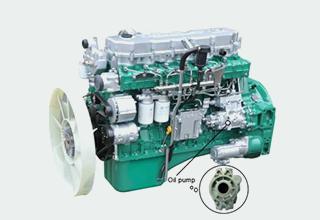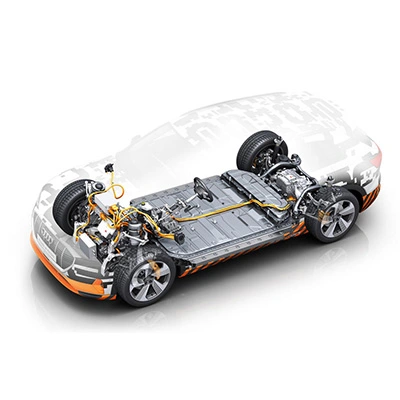

It refers to neutral total carbon emissions, which are balanced by offsetting as much carbon as emissions.
For example, humans produce 10g of carbon dioxide when they breathe, while plants absorb 10g of carbon dioxide during photosynthesis. In this process, the amount of carbon emitted and the amount of carbon absorbed cancel each other out, and no produced excess carbon dioxide.
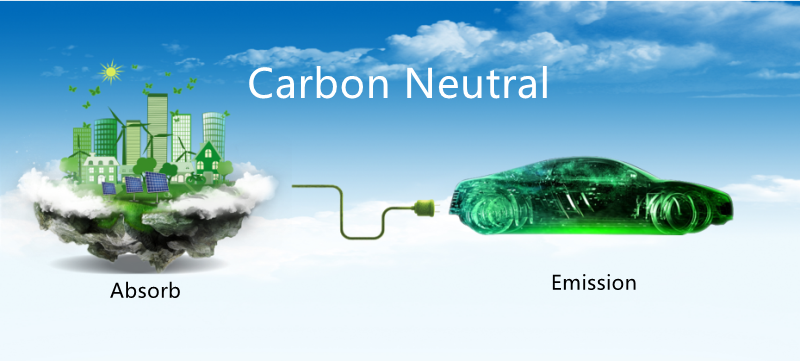
Impact:
"Carbon neutrality" electrifies transportation. To achieve "carbon emission neutralization", policies have been explored to explore transportation electrification plans and policies have been formulated to ban the sale of fuel vehicles.
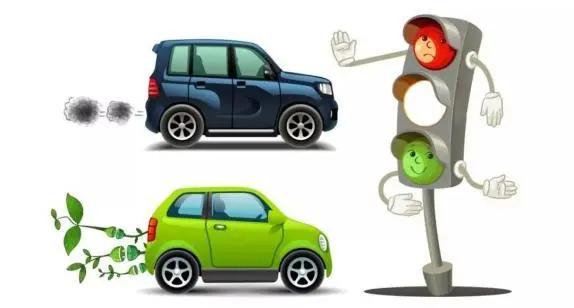
In the future, transportation will electrify, and fuel vehicles will gradually replace. The utilization rate and sales volume of new energy vehicles will increase. It even promotes the development of the automobile industry to hybrid and pure electric cars and expands the business of electric vehicle manufacturers.
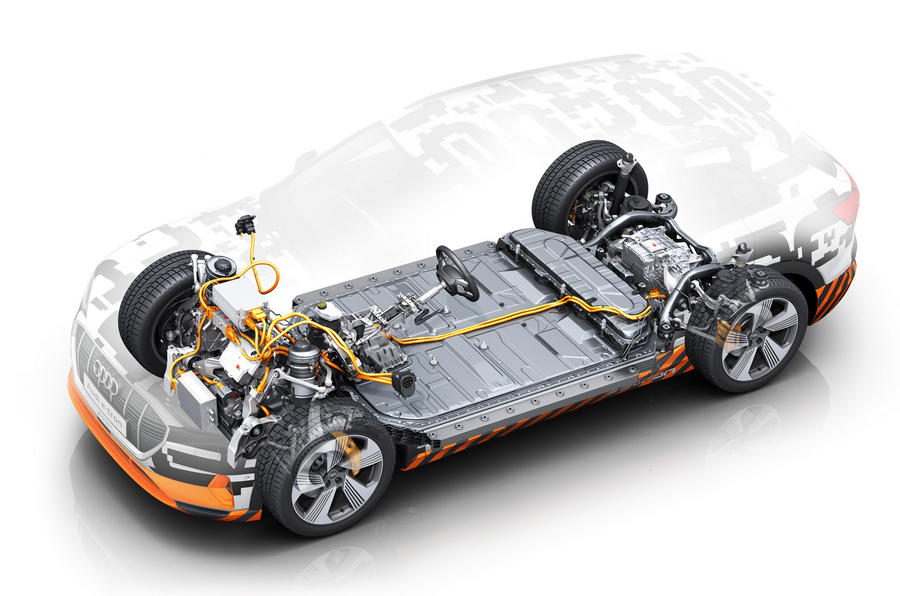
The development of automobile brands electrification. Automobile companies such as Volvo, Volkswagen, and Mercedes-Benz have all proposed electrification strategies. And stop the production of pure fuel vehicles, switch to electric, and develop in the direction of hybrid and pure electric. From last year to this year, the stock prices of many electric vehicle companies have been affected and have soared. Among them, Tesla CEO Musk was promoting to the world's richest man. From this year to the next ten years, the electrification of automobiles may become the mainstream trend.
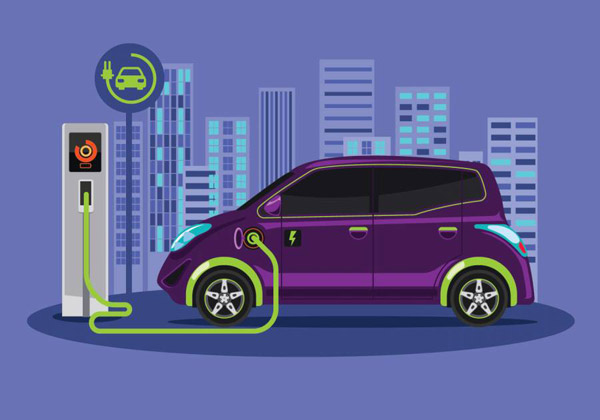
The industrial chain that drives automobile production. When the demand for electric vehicles gradually increases, the need for manufacturers and aluminum alloys will also increase, which promotes the development of aluminum alloy die-casting plants. The formation of the industrial chain will help the economy and production development, reduce carbon emissions and protect the environment.


